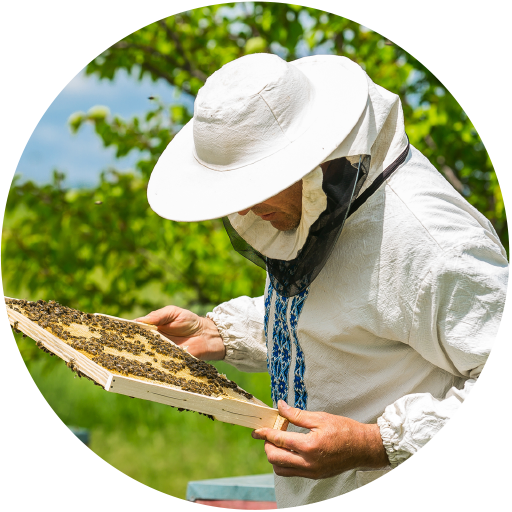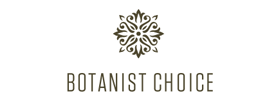
How Nature’s Beloved Sweetener Is Faked and Why You Should Care
The Buzz on Bogus Honey
The Canadian Food Inspection Agency (CFIA) did its own investigation and tested more 200 than samples of honey products from across Canada. They concluded that roughly 22% of these samples were “adulterated” with cheaper sweeteners such as rice, beet and cane sugar.
Not only do these chemically cut knockoffs lack all rich flavour complexity of pure, unadulterated honey, they also lack many of the health benefits that come from plant-based nutrients. In essence, when you buy fake honey, you’re more than likely depriving yourself of naturally occurring antioxidants and good bacteria. And just try soothing a sore throat with a sugary syrup – not gonna happen.
On the environmental front, fake honey poses a very real threat to global food chains. That’s because when fraudulent honey floods the market, it undercuts legitimate honey producers with lower prices – to the point where natural honey production is barely viable for beekeepers. And we need to support beekeepers, for they are the guardians of Earth’s most prolific pollinators.
The challenge is detecting counterfeit honey. How can you, the consumer, trust any honey producer? Well, if you want nothing but the best for your body and planet, you need a product that can trace the chain of custody all the way back to the bee. Since complying with traceability certification organizations is voluntary, most fraudulent companies simply opt out.
But not Botanist Choice. Read about how our blockchain technology ensures authenticity with every jar.
Get in Touch
Contacts
We have some amazing honey for you…
